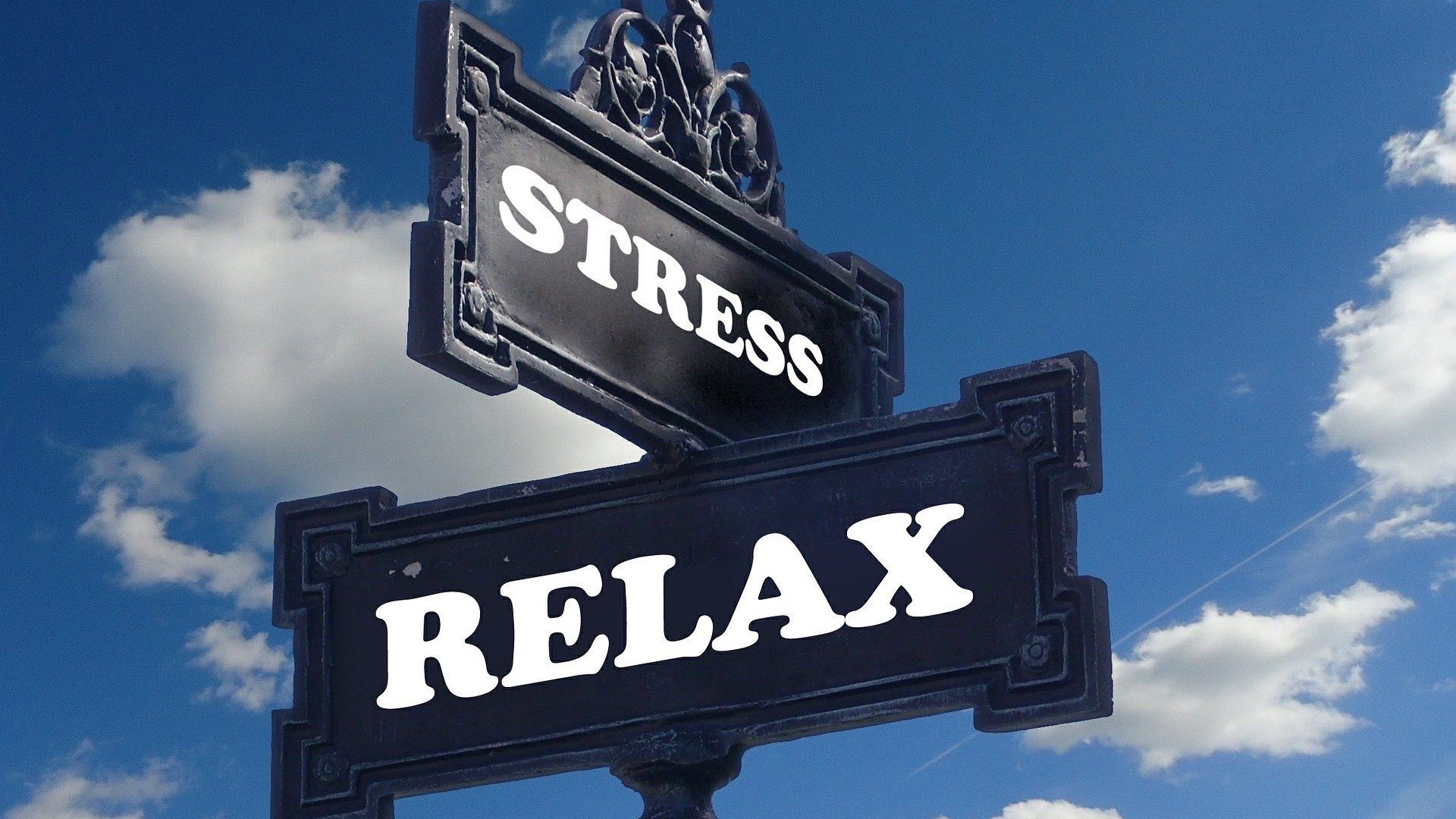Continuing Legal Education: Stress is not Best Met with Swagger
Learning About Attorney Stress- Part One
Usually I write about the many improvements necessary to reduce the stigma around mental health. Attorneys have a lot of work to do in terms of how mental health is handled in the legal industry. However, I have noticed some significant positive changes and a more open minded approach to mental health for attorneys and law students. I notice this especially when I think back to the silence on mental health when I started law school.
I recall next to no mention at all of wellness and self care in my law school days. During the CLE class I was required to take before getting sworn in as an attorney, I remember some brief commentary about attorney mental health when we learned about Lawyers’ Assistance Programs. It lasted less than two minutes, definitely not enough to equip new attorneys with the proper tools to manage stress. Now, discussions about mental health among attorneys have become more common and importantly, more accepted. We need to recognize the strides in the right direction so we can mimic them, recreate similar ideas, and continue on our positive journey towards smashing the stigma around mental health. It does not serve us to ignore progress so as to not accomplish even more.
More legal professionals feel comfortable opening up about mental health. Although we still need to do better with prioritizing attorney wellness, we have also taken steps in the right direction. I recently experienced an example of one of these steps and it taught me a lot. I want to discuss a recent CLE course I took that focused on stress in the workplace for attorneys. No course like this existed when I was in law school or even when I first started my legal career. I’m thrilled to see various mental health related options in the CLE catalogues lately. What may seem a small achievement can yield gargantuan results.
Courses like this one set a good example for the rest of the legal industry on how to openly discuss mental health. In addition to getting ethics credits, I learned some valuable lessons from “Effective and Ethical Management of Work-Related Stress for Attorneys.” As soon as the course started, the teacher dropped the first truth bomb about stress. He mentioned that he decided to create the class because he wished someone had a real, open, and intelligent conversation about stress with him when he was starting his legal career. This was not a live course and when I heard that explanation, I pressed pause and reflected on it; it resonated with me immediately and for obvious reasons. I wish someone had that conversation with me, too, and I bet many others in the legal sector have the same sentiment.
I’m sure many legal professionals didn’t even watch the inadequate, stigmatizing, 2 minutes of a CLE course before entering the legal profession. Some of us got shoved into law school and subsequently the legal profession with no warning at all, and certainly no open, honest discourse on stress management. Somewhere between missing that conversation and becoming attorneys, we seem to have clung to this nefarious notion that we didn’t need any such dialogue and should we meet any stress along our career paths, well, we should have the wherewithal to handle it, and handle it alone. And since no one warned us that stress — lots of stress — was normal, if we encountered it, that could mean something was wrong with us. So we should probably avoid talking about stress with our peers too. So that’s what happened for a lot of us. And that’s what still happens to a lot of us, especially those of us not opening up about the subject. Since I know that too many others also may not have had crucial conversations about mental health, starting with this article, I’m sharing some of my favorite pieces of advice from the class so that others benefit from it, too. I’ve mentioned in past articles that no advice works the same for each person, so I may mention some alternative possibilities where appropriate. I planned to provide all the advice in one article, but realized I had too much helpful content to do that without writing a novel, so I decided on a CLE series of wellness articles. This one covers some key takeaways set forth in the beginning of the course, that taught me more about stress than any conversation with another attorney has.
In fact, I’ve already snuck the first piece of advice into this article, which is to have open, honest discussions with other people in the legal industry about stress. Experienced attorneys should make an effort to do this with people newer to the industry and/or first starting to study law. We must keep working towards an environment where people newer to the industry feel comfortable reaching out to mentors for the same. It sounds so simple, but it really makes a difference and can create a healthier atmosphere for attorneys. Look at the impact even the smallest of conversations can have. This teacher managed to breakdown how the attorney stress epidemic began before he even pulled up his PowerPoint presentation to actually start the course. The next valuable piece of advice came at the beginning of the course.
The teacher started the course with a request that the students repeat an affirmation, “I work under intensely stressful conditions every day and that’s difficult… sometimes extremely difficult.” He reasoned that hearing the words out loud can remind attorneys that their challenges are real, not something they’ve imagined. It also can help attorneys to realize that they’re not alone in facing work-related obstacles. The teacher included this exercise in the class with the goal of reminding attorneys that the messages people send to themselves are important. The importance of maintaining consciousness of self-talk; many attorneys have a dangerous habit of blaming themselves for everything, including stressful situations that they can’t control. That type of mindset can lead to poor stress management, which can have a negative impact on attorneys’ everyday lives and their careers. The next articles in the series will cover more about that. Saying affirmations like this one or writing them down can help maintain a healthy mindset about stress. I tried both ways and found that writing it down worked better for me personally, and speaking it out loud was less effective. I spoke with a few others and most benefited from one of the ways, or both. I don’t see any negatives about attorneys reminding themselves that they truly do work a difficult profession.
Attorneys don’t have any easy job and they shouldn’t have to pretend that they do because we have adopted an unsubstantiated supercilious demeanor towards stress in the workplace, to the detriment of attorney wellness. Attorneys having access to courses like this one and feeling encouraged to take them can play a role in reducing the stigma. This course started off with important reminders about stress, including that attorneys actually need to remind themselves that stress is not a dirty word that only weak attorneys have in their vocabularies. Before delving into the intricacies of stress awareness and management, this teacher approached attorneys by reminding them that when it comes to stress, even overwhelming stress, that they’re not alone. He also emphasized that difficulties managing stress are pervasive. He focused most on this last point, even imploring students that if they took only one thing from the course, it should be this: better management of workplace stress is fundamentally a matter of knowledge, skill, and outlook; it’s not fundamentally about any personal failing, weakness, or deficiency. His message to attorneys in this section is that
“stress is not best met with swagger.”
To me, that means that to promote wellness, more attorneys actually have to drop the act and admit that stress exists. That way we can talk about its potential impact on our careers, and about proper awareness and management. These happen to be the next subjects of my CLE series. The last one will reveal a discovery I made about myself in law school when I tried making an Awareness Log as taught in this CLE course. It was a shocking one, and I caught myself demonstrating some common attorney behaviors. For now, I would love if any professional reading this, attorney or not, try the affirmation exercise in this article and tell me how it works for you!
By: Alyson Pi
November 9, 2020


